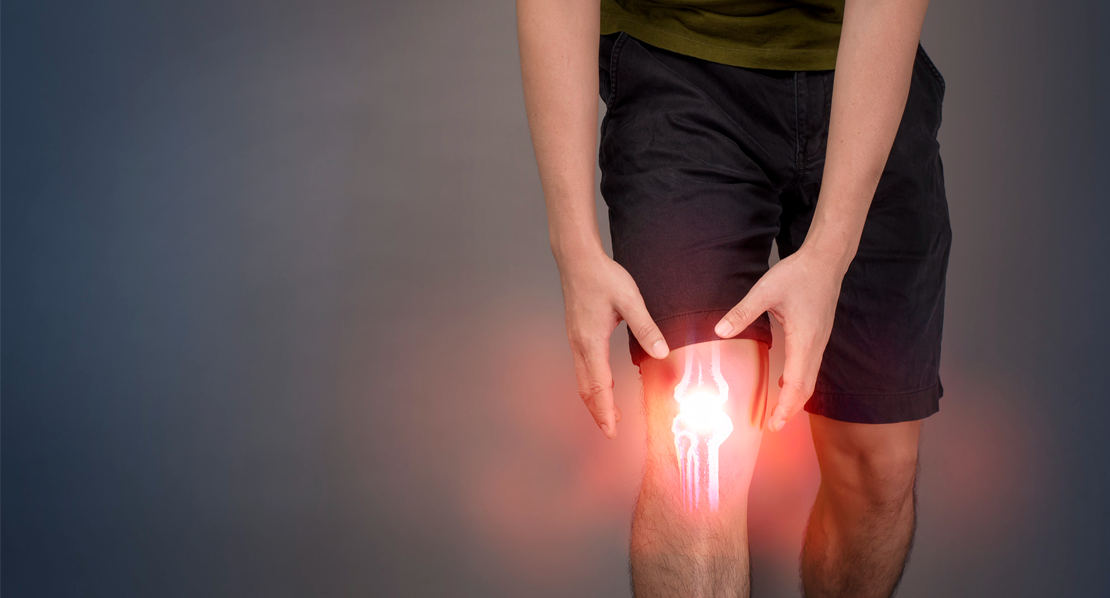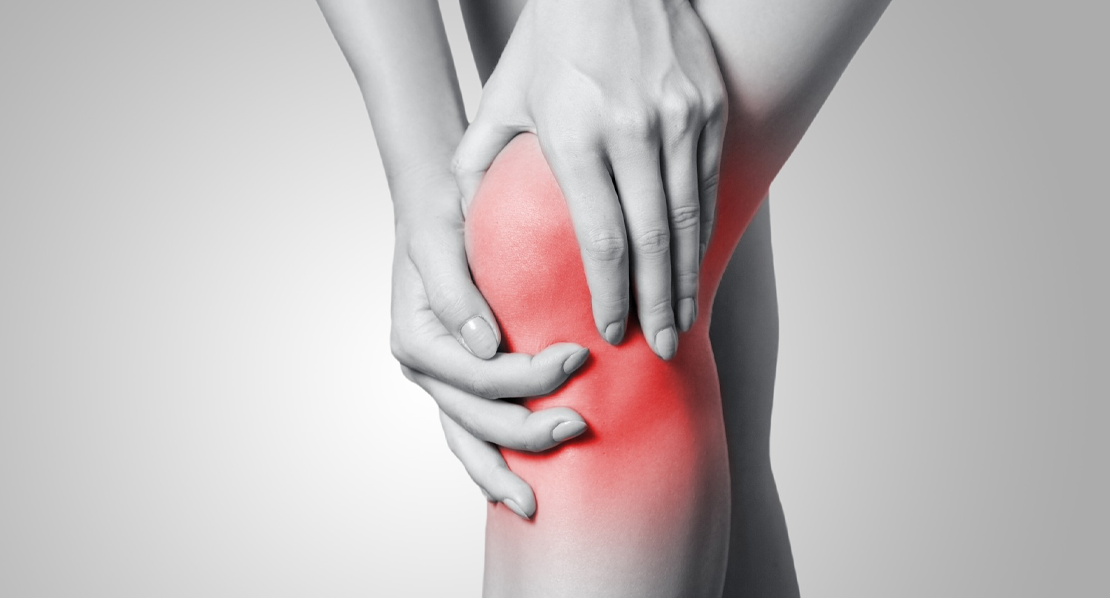- contact@mahiclinic.com


- Home
- Total Knee Replacement
- Knee Arthoscopy
- Hip Replacement
- More Info
Conditions
- Elbow
- Knee
Blog Details
- Home
- blog-details
The Guide to Understanding and Recovering from an ACL Tear – Mahi clinic and CCH

If you've ever felt a pop in your knee followed by swelling and instability, you might be facing an ACL tear. This crucial ligament, your knee's MVP, can be sidelined by sports, twists, or even everyday activities. But fear not, athletes and active individuals! At Mahi Clinic, we're here to get you back on your feet, stronger than ever.
This blog is your one-stop guide to understanding ACL tears, from causes and symptoms to diagnosis and treatment options. We'll explore the latest advancements in ACL reconstruction surgery, the importance of rehabilitation, and tips for preventing future injuries. So, ditch the crutches and join us on this journey to knee recovery!
What is the ACL, and Why is it Important?
The Anterior Cruciate Ligament (ACL) is one of the four major ligaments in the knee, playing a crucial role in providing stability and control during movement. It connects the femur (thighbone) to the tibia (shinbone) and prevents excessive forward movement of the tibia in relation to the femur. While the ACL is essential for maintaining the integrity of the knee joint, it is also prone to injuries, particularly in athletes and individuals engaged in high-impact sports.

Causes of ACL Tears:
ACL tears often occur due to sudden and forceful movements that put stress on the knee joint. The most common causes include:
Sports Injuries: Activities that involve sudden stops, changes in direction, or direct blows to the knee, such as soccer, basketball, and skiing, can lead to ACL tears.
Twisting or Pivoting: Rapid changes in direction, especially when the foot is planted firmly on the ground, can cause the ACL to tear.
Overextension: Hyperextending the knee joint beyond its normal range of motion, often seen in gymnastics or dance, can result in ACL injuries.
Trauma: Direct impact to the knee, such as a car accident or a fall, can lead to ACL tears.
Symptoms of ACL Tears:
Identifying the signs of an ACL tear is crucial for prompt diagnosis and effective treatment. Common symptoms include:
Pain: A sudden, intense pain in the knee is often felt at the time of injury.
Swelling: The knee may swell rapidly due to the accumulation of blood and other fluids within the joint.
Instability: Many individuals report a feeling of instability or giving way in the knee, making it challenging to bear weight or engage in regular activities.
Audible Popping Sound: Some people may hear or feel a popping sensation at the time of the injury.
Limited Range of Motion: ACL tears can result in a reduced ability to fully extend or bend the knee.
Diagnosis of ACL Tears:
If you suspect an ACL tear, seeking prompt medical attention is crucial. At Mahi Clinic, our experienced orthopaedic specialists employ a combination of clinical evaluation and diagnostic imaging techniques to confirm the diagnosis. These may include:
Physical Examination: Our orthopaedic experts will assess your knee's range of motion, stability, and overall function.
MRI (Magnetic Resonance Imaging): This non-invasive imaging technique provides detailed images of the knee's soft tissues, helping to confirm the diagnosis and assess the extent of the injury.
X-rays: While X-rays primarily visualize bones, they can also help rule out fractures or other bone-related issues associated with ACL injuries.
Treatment Options for ACL Tears
The appropriate treatment for an ACL tear depends on various factors, including the severity of the injury, the patient's age, activity level, and overall health. At Mahi Clinic, we offer a range of treatment options tailored to meet individual needs:
Conservative Management:
Rest and Physical Therapy: In mild cases, rest and targeted physical therapy exercises can help strengthen the surrounding muscles and stabilize the knee.Bracing: The use of knee braces may provide additional support and stability during the healing process.
Surgical Intervention:
ACL Reconstruction: For more severe tears or active individuals, ACL reconstruction surgery may be recommended. This procedure involves replacing the torn ACL with a graft (often from the patient's hamstring or patellar tendon) to restore stability and function.Arthroscopy: Our orthopaedic surgeons utilize minimally invasive arthroscopic techniques, reducing recovery time and minimizing scarring.
Post-Surgery Rehabilitation
Rehabilitation plays a crucial role in the success of ACL reconstruction surgery. Mahi Clinic's dedicated rehabilitation team works closely with patients to create personalized recovery plans, including:
Physical Therapy: Targeted exercises to improve strength, flexibility, and range of motion.Gradual Return to Activity: A phased approach to reintroduce activities and sports, ensuring a safe and effective transition.
Monitoring and Follow-up: Regular check-ups to assess progress and address any concerns during the recovery period.
Preventing ACL Tears:
While some ACL injuries are unavoidable, there are steps individuals can take to reduce the risk of injury:
Proper Conditioning: Engage in regular strength and conditioning exercises to build strong muscles around the knee joint.Technique Training: Athletes should receive proper training on techniques that minimize stress on the knee during sports or physical activities.
Warm-up and Stretching: Always warm up before engaging in physical activities and incorporate stretching to improve flexibility.
Appropriate Footwear: Wear appropriate footwear for specific activities to provide adequate support and reduce the risk of injury.
Conclusion: Personalized Care at Mahi Clinic and CCH
At Mahi Clinic and CCH, we understand the physical and emotional toll an ACL tear can take. Our team of experienced orthopaedic specialists is dedicated to providing compassionate care and cutting-edge treatments to help you regain strength, stability, and functionality in your knee.
If you suspect an ACL tear or have experienced symptoms indicative of such an injury, schedule a consultation with Mahi Clinic and CCH in Chennai today. Our commitment to excellence in orthopaedic care ensures that you receive the best possible treatment and support throughout your recovery journey. Remember, your knees are in good hands at Mahi Clinic and CCH.
- Knee
- Elbow
Leave a Reply